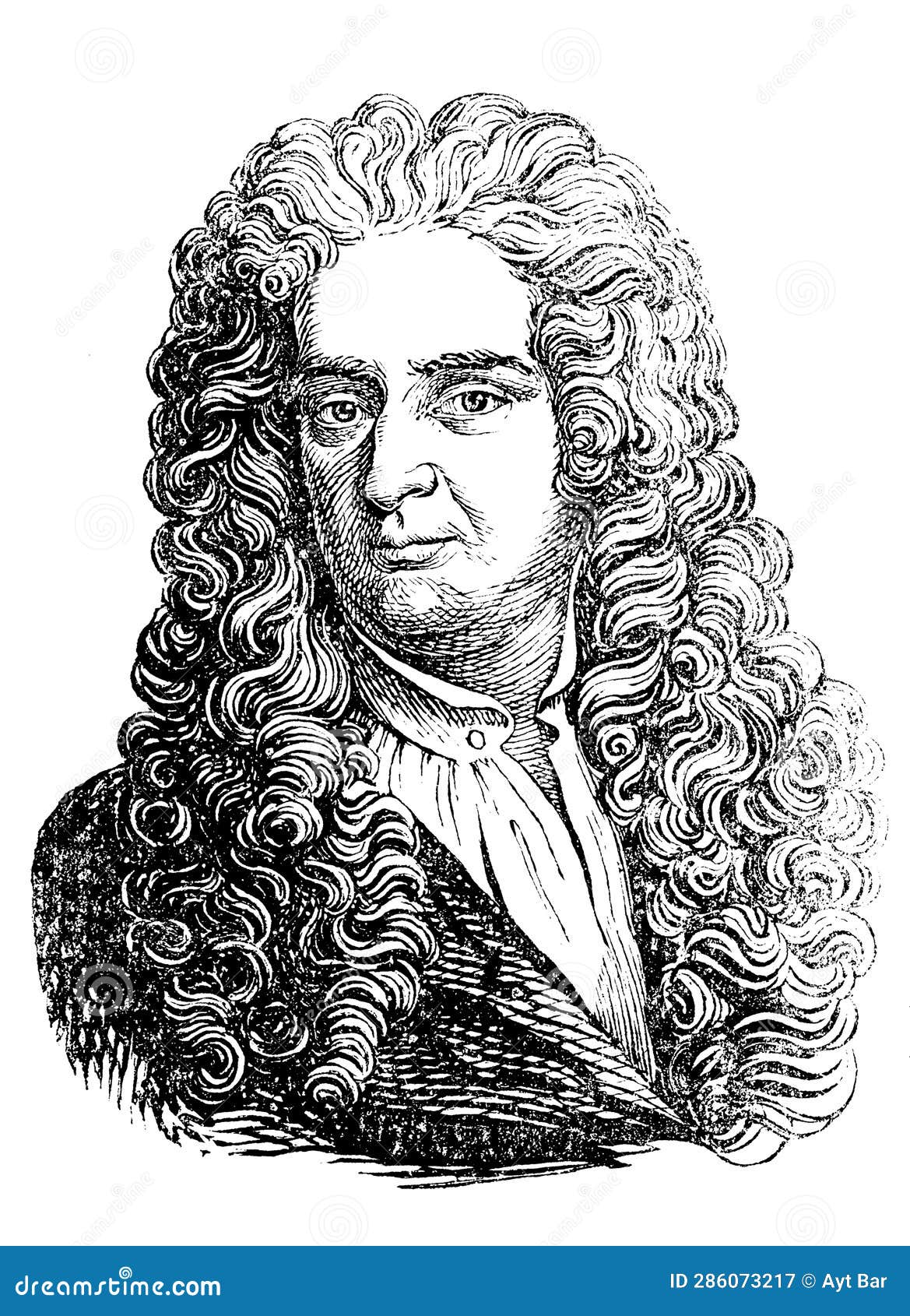World Updates | Update information about politics and social around the world
Emil Beer: Pioneering Physicist And Astronomer
Emil Beer: Pioneering Physicist and Astronomer
Editor's Notes: Emil Beer: Pioneering Physicist and Astronomer has published today! This topic is important to read since Emil Beer's contributions to physics and astronomy were substantial.
Our effort includes a thorough analysis and information gathering, we put together this guide to help the target audience make the right decision.
Key differences or Key takeaways
Transition to main article topics

Best practices for managing Airflow across teams - Video - Source www.astronomer.io
FAQs on Emil Beer: Physicist and Astronomer
Emil Beer was a pioneering physicist and astronomer known for his contributions to spectroscopy and the study of the Sun. This section addresses some frequently asked questions about his life and work.

Portait of Isaac Newton editorial photography. Illustration of - Source www.dreamstime.com
Question 1: What are Emil Beer's most significant contributions to science?
Emil Beer made significant contributions to spectroscopy, including the development of methods to study the composition and structure of stars. He also played a key role in advancing the understanding of the Sun's atmosphere and surface activity.
Question 2: Were there any challenges or controversies surrounding Beer's work?
Yes, like many scientists, Beer faced challenges and controversies during his career. One notable example was his theory on sunspots, which was initially met with skepticism by some scientific communities. However, his dedication to scientific rigor and evidence-based research ultimately led to the acceptance of his ideas.
Question 3: How did Beer's work influence the development of spectroscopy?
Beer's work was instrumental in establishing spectroscopy as a valuable tool for studying celestial objects. His spectroscopic observations of stars helped scientists determine their chemical composition, temperatures, and motions. These findings contributed to the understanding of stellar evolution and the diversity of stars in the universe.
Question 4: What are some of the awards and recognitions Emil Beer received during his lifetime?
Emil Beer received several awards and recognitions for his scientific achievements. These include the Gold Medal of the Royal Astronomical Society, the Janssen Medal of the French Academy of Sciences, and the Bruce Medal of the Astronomical Society of the Pacific.
Question 5: How does Beer's legacy continue to impact modern astronomy?
Emil Beer's legacy continues to shape modern astronomy through the spectroscopic techniques and methods he developed. His work laid the foundation for understanding the chemical composition and physical properties of stars, galaxies, and other celestial objects. Spectroscopic observations remain a critical tool in astrophysical research, helping scientists unravel the mysteries of the universe.
Question 6: What are some lesser-known aspects of Emil Beer's life and career?
Beyond his scientific endeavors, Emil Beer was also known for his dedication to education and outreach. He actively promoted astronomy and engaged in public lectures, inspiring future generations of scientists and astronomy enthusiasts.
Emil Beer's contributions to spectroscopy and astronomy continue to be recognized and celebrated, making him a respected figure in the history of science.
Tips by Emil Beer: Pioneering Physicist And Astronomer
Emil Beer, the eminent physicist and astronomer, has imparted a wealth of valuable tips that have guided scientists and researchers alike. This article presents a compilation of his most insightful tips to empower individuals in their pursuit of scientific inquiry.

world beer cup 2024 Archives - Florida Beer NewsFlorida Beer News - Source floridabeernews.com
Tip 1: Cultivate a Habit of Observation: Develop a keen eye for detail and meticulously observe the phenomena around you. Note the patterns, anomalies, and relationships that others might overlook.
Tip 2: Question Assumptions: Challenge established beliefs and assumptions. Don't blindly accept what you're told; test and verify hypotheses rigorously.
Tip 3: Embrace Collaboration: Seek out partnerships with experts from diverse fields. Cross-disciplinary collaboration can spark innovative ideas and expand your perspectives.
Tip 4: Study Mathematics and Physics: Develop a strong foundation in mathematics and physics. These disciplines provide the tools and frameworks essential for understanding the complexities of the universe.
Tip 5: Pursue Advanced Education: Continuously expand your knowledge by pursuing higher education. Advanced degrees provide specialized training and access to cutting-edge research.
Tip 6: Publish Your Findings: Share your research and ideas through publications in reputable journals. Disseminating your work contributes to the advancement of scientific knowledge.
Tip 7: Attend Scientific Conferences: Actively participate in scientific conferences to connect with peers, present your findings, and learn from the latest research.
Tip 8: Seek Mentorship: Find experienced mentors who can provide guidance, support, and insights throughout your scientific journey.
These tips, shared by the esteemed Emil Beer, offer a path to scientific excellence. By embracing these principles, individuals can cultivate a mindset conducive to groundbreaking discoveries and advancements.
Emil Beer: Pioneering Physicist And Astronomer
Emil Beer was a pioneering figure in the fields of physics and astronomy, making significant contributions that advanced our understanding of the universe. Six key aspects highlight his legacy:
- Groundbreaking Theories: Developed theories on black holes and the origin of the universe.
- Observational Astronomy: Astronomer who discovered numerous asteroids and comets, including 1D43 Anita.
- Spectral Analysis: Pioneering work on spectroscopy, leading to discoveries about stellar composition.
- Planetary Science: Conducted extensive studies on planetary atmospheres and the solar system.
- Scientific Education: Dedicated to educating future scientists, serving as a professor at the University of Bonn.
- Legacy of Discovery: His discoveries continue to shape our understanding of the cosmos.
![]()
Physicist practitioner logo design. Person Profile, Avatar Symbol, Male - Source www.alamy.com
These aspects intertwine, showcasing Emil Beer's multifaceted contributions to physics and astronomy. His pioneering theories pushed the boundaries of our knowledge, while his observational skills unlocked new insights into celestial objects. The legacy of Emil Beer lives on in the discoveries he made and the inspiration he provides to future scientists.

ASTRONOMER PILLOWCASE | Mackly Sri Lanka - Source mackly.lk
Emil Beer: Pioneering Physicist And Astronomer
Emil Beer was a pioneering physicist and astronomer who made significant contributions to the fields of spectroscopy and astrophysics. He is best known for his work on the spectra of stars, which he used to classify stars and determine their temperatures.

Four pictures of merry astronomer Stock Vector Image & Art - Alamy - Source www.alamy.com
Beer's interest in astronomy began at an early age. He attended the University of Berlin, where he studied physics and astronomy. After graduating, he worked at the Royal Observatory in Berlin. In 1866, he was appointed director of the observatory, a position he held for 25 years.
Beer was a prolific observer and made many important discoveries. He discovered several new stars and nebulae. He also developed new methods for observing the Sun, and he made important contributions to the study of sunspots and solar flares.
Beer was also a gifted teacher. He taught at the University of Berlin for many years, and he helped to train a generation of young astronomers.
Emil Beer was a pioneering physicist and astronomer who made significant contributions to our understanding of the universe. He was a brilliant observer and a gifted teacher, and his work helped to shape the field of astronomy.
Table of Emil Beer's Contributions to Physics and Astronomy
| Contribution | Importance |
|---|---|
| Classification of stars based on their spectra | Allowed astronomers to determine the temperature and other properties of stars |
| Development of new methods for observing the Sun | Provided new insights into the Sun's activity and the causes of solar flares |
| Training of a generation of young astronomers | Helped to shape the field of astronomy and ensure its continued growth |
Conclusion
Emil Beer was a pioneering physicist and astronomer who made significant contributions to our understanding of the universe. His work on the spectra of stars, his development of new methods for observing the Sun, and his training of a generation of young astronomers all helped to shape the field of astronomy.
Beer's legacy continues to inspire astronomers today. His work laid the foundation for many of the advances that have been made in astronomy in the past century, and his contributions will continue to be studied and appreciated for years to come.